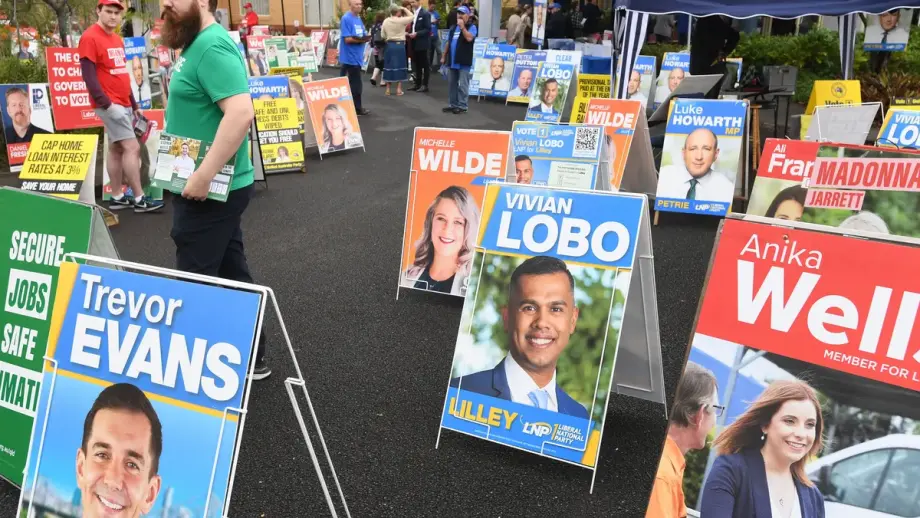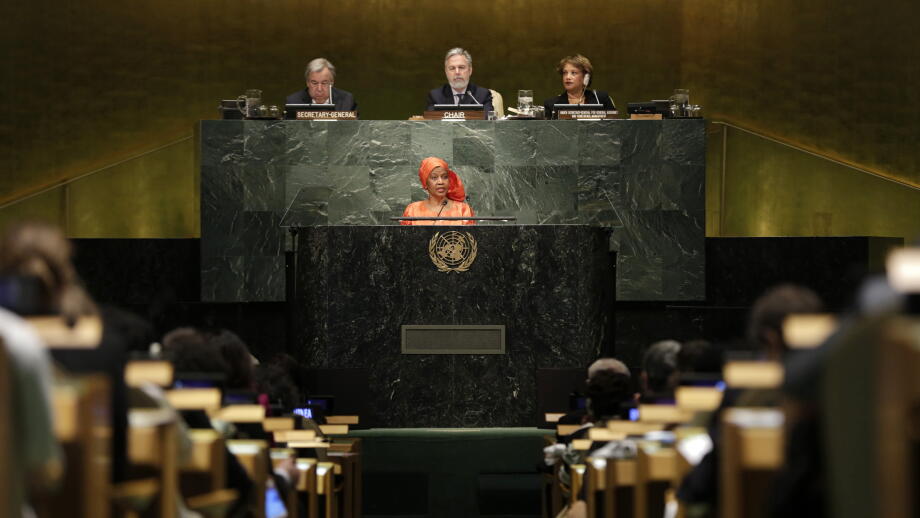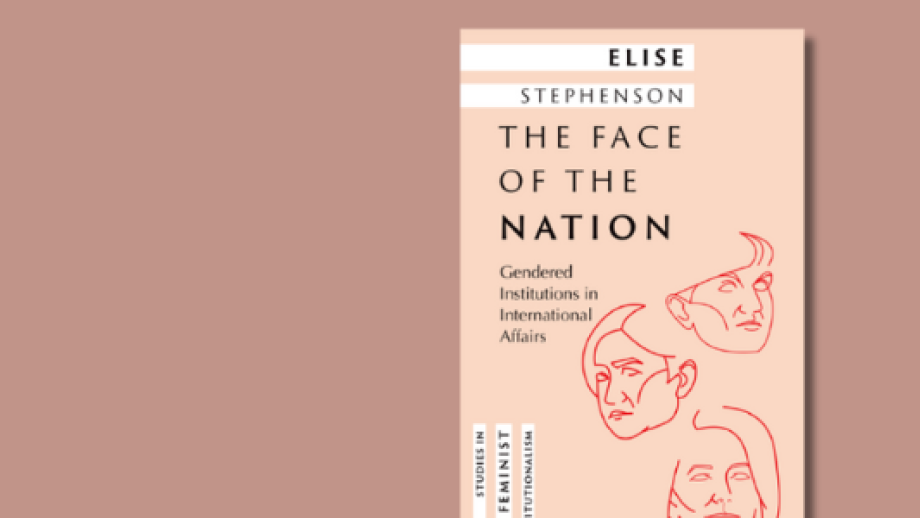In Short:
Women in international affairs play powerful and influential roles in shaping laws and policies, negotiating on subjects of war, peace and security, and representing national interest. In Australia, women outnumber men at all levels of public service to executive level one. Yet, women remain under-represented in more senior ranks and appear to experience significant challenges gaining leadership in agencies involved in diplomacy and security.
Overview
What are the gendered institutions at play in Australian international affairs? Using a comparative case study approach, this paper explores the experiences of senior executive level women leaders across the Australian Federal Government in four case agencies—the Department of Foreign Affairs and Trade (DFAT), Defence, Department of Home Affairs (DHA), and the Australian Federal Police (AFP).
Women’s gendered challenges in international leadership are not surprising within a diplomatic history that has often restricted women’s roles based off the ‘appropriateness’ of sending women as envoys to nations of varying safety and respect for their status. What is surprising is that women report greater sexism, discrimination and harassment from within their own agencies, not from countries in which they are hosted. This has important ramifications globally on gaining and retaining women in international affairs leadership.
Contact
Elise Stephenson
Deputy Director
Climate change, Intersectionality & identity, Politics & international affairs, The space sector, Youth engagement
You may also like
Glass cliff candidates in the 2022 election
Our analysis of the women candidates running in unwinnable seats in the 2022 federal election
The diplomatic Glass Cliff
For the first time in history, women in Australian diplomacy have equal or near-equal representation in leadership whilst the institution they represent is shrinking — in funding, footprint and…
The Face of the Nation
In her book, Dr Elise Stephenson traces the evolution of inequalities in international affairs and interrogates why women and gender diverse folk still remain underrepresented in this field.




